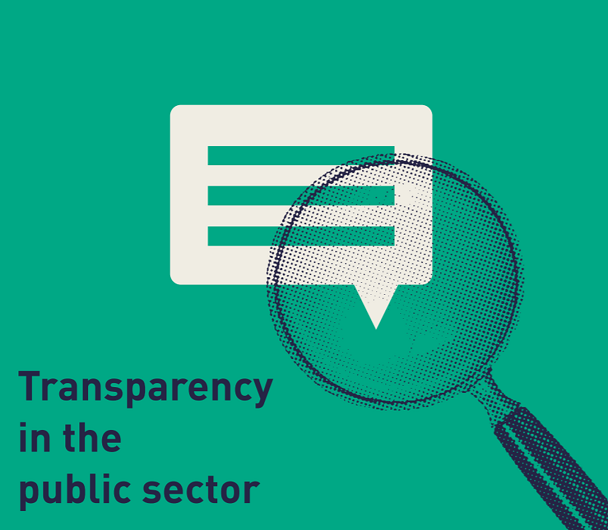The European Commission released its highly anticipated Artificial Intelligence (AI) Act on 21 April 2021. It represents the most ambitious attempt to regulate AI technologies to date, setting out a cross-sectoral regulatory approach to the use of AI systems across …
This is the third in a series of three blogs on AI assurance, which explore the key concepts and practical challenges for developing an AI assurance ecosystem. The first blog focused on current confusion around AI assurance tools and the …
This is the second in a series of three blogs on AI assurance, which explore the key concepts and practical challenges for developing an AI assurance ecosystem. The first blog focused on the need for AI assurance and the CDEI’s …
Data-driven technologies, such as artificial intelligence (AI), have the potential to bring about significant benefits for our economy and society. However, they also introduce risks that need to be managed. As these technologies are more widely adopted, there is an …
Since March 2020, the CDEI has been monitoring the use of AI and data-driven technology in the UK’s COVID-19 response through two distinct lenses. Firstly, through our COVID-19 repository, which is a database for novel use-cases of artificial intelligence and …
In this blog, we highlight how, as proposed in the UK government’s National Data Strategy, the CDEI is increasingly working in partnership with public sector bodies and industry on live projects, and building out its capability to help the government …
In our recently published review into bias in algorithmic decision-making, we explored the regulatory context in which algorithmic decisions take place, which includes equality law, human rights law, discrimination law and sector specific regulations. The main piece of legislation that …
The CDEI believes that the government should introduce a mandatory transparency obligation on all public sector organisations using algorithms that have a significant influence on significant decisions affecting individuals. Our report published last week suggests definitions for these terms. But whilst a transparent approach is vital to building a trustworthy environment, we should not assume …
This report draws together the findings and recommendations from a broad range of work. We have focused on the use of algorithms in significant decisions about individuals, looking across four sectors (recruitment, financial services, policing and local government), and making cross-cutting recommendations that aim to help build the right systems so that algorithms improve, rather …
Almost all (13 of 16) of this month’s entries were related to healthcare, with the majority of those specifically looking at use-cases in hospitals. Given that the UK faces an ongoing public health crisis and is entering a second-wave of coronavirus infections, it is not surprising that these use-cases are the most prevalent at this …










Recent Comments